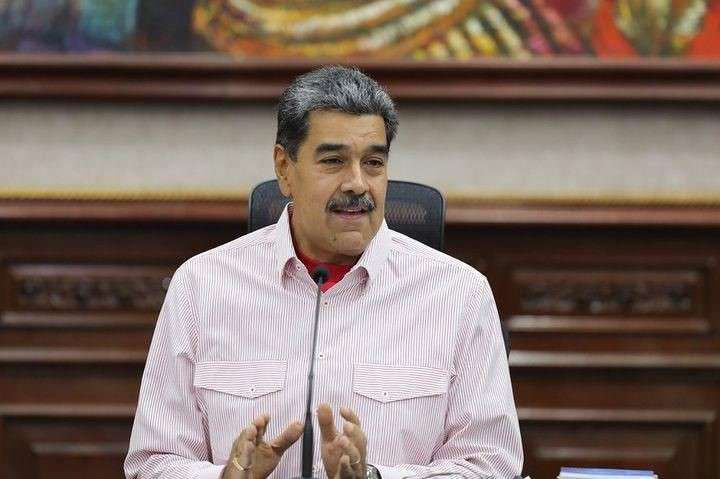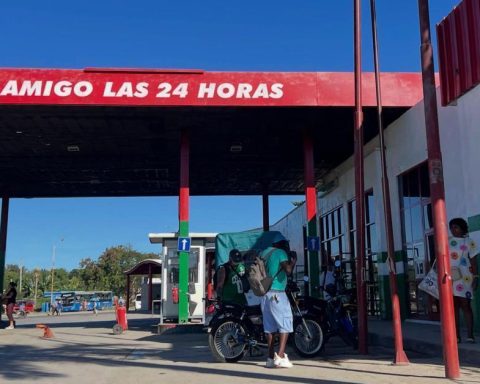Parliament confirmed that the initiative will not be voted on in the current legislature. Empathy Uruguay regretted the fact and pointed out “intentional”
Pasquet on the “shelving” of the euthanasia project: “bad for those who are suffering and dying now.”
The euthanasia bill, long postponed in Parliament, will not be discussed in this legislature. This was confirmed yesterday by Colorado Senator Carmen Sanguinetti, president of the Health Commission that was dealing with the initiative, in statements to Sarandí Newsletter.
In July, Sanguinetti had said that the bill would be discussed in August in the Senate, but that did not happen. The legislator said that the initiative did not have the necessary votes to treat it as serious and urgent and assured that there would not be enough support for its approval in the plenary session of the Upper House.
As this is an election year, the legislative period will be shorter than in other years and will end in two weeks, instead of in mid-December as is usually the case.
Graciela Bianchi, a senator from the National Party, said she is in favour of the project, but regretted that “unfortunately” the issue is “settled” and “will not come out”.
Speaking to the newspaper The DailyBianchi admitted that the nationalist benches are not even talking about the project. “I have already given up,” he said. “It is not a project that we are giving priority to, not because we do not agree, but because it has become very complicated, because many modifications were attempted to be made to the project that came from the Chamber of Deputies and it is still in the commission,” he argued.
Amin Niffouri, a member of the Senate’s Public Health Commission, also expressed a similar opinion. When asked by the aforementioned media outlet, he said that “nothing has been agreed or discussed” and that “the issue is so complicated, in principle, that there is no time left.”
On the other hand, the senator from the Frente Amplio, José Nunes, who is also a member of the commission, believes that an attempt should be made and the commission should be convened on Tuesday to hear from the two organizations linked to the issue that have not yet gone through that instance.
“It is well known that the government is not very willing to discuss this issue,” Nunes told the same newspaper, adding that the opposition will make “every effort to ensure that the issue is addressed.”
NOT FOR NOW
The bill is being promoted by Colorado Senator Ope Pasquet, who last July had criticised his own party members for not voting for it.
Following the aforementioned statements by Carmen Sanguinetti, Pasquet used his account on social network X to refer to the matter.
“Unfortunate, but not surprising. The intention to block the project in the Commission had been seen for some time. Last year, the CEN [Comité Ejecutivo Nacional del Partido Colorado] and the National Convention of the Colorado Party urged the senators of the party to discuss the project and submit it to a vote, each of them voting for what seemed best to them and publicly assuming the consequent responsibility. The exhortations were ignored, except by Senator Pablo Lanz, of Ciudadanos,” he reconstructed.
“Surely the next legislature will discuss other euthanasia projects again, and I trust that some will be approved; but for those who are suffering and dying today, it will be too late,” he lamented.
Florencia Salgueiro, founder of the organization Empatía Uruguay, which supports Pasquet’s project, expressed herself in similar terms. On the same social network, she spoke of political intentions and responded to Graciela Bianchi’s comments.
“Senator Graciela Bianchi did not vote for it when it was presented as serious and urgent, nor did she speak with Carmen Asiaín and Amin Niffouri to have it discussed in the Health Commission,” he criticised.
“This was intentional and the National Party should be held accountable for its decisions,” he said.


















